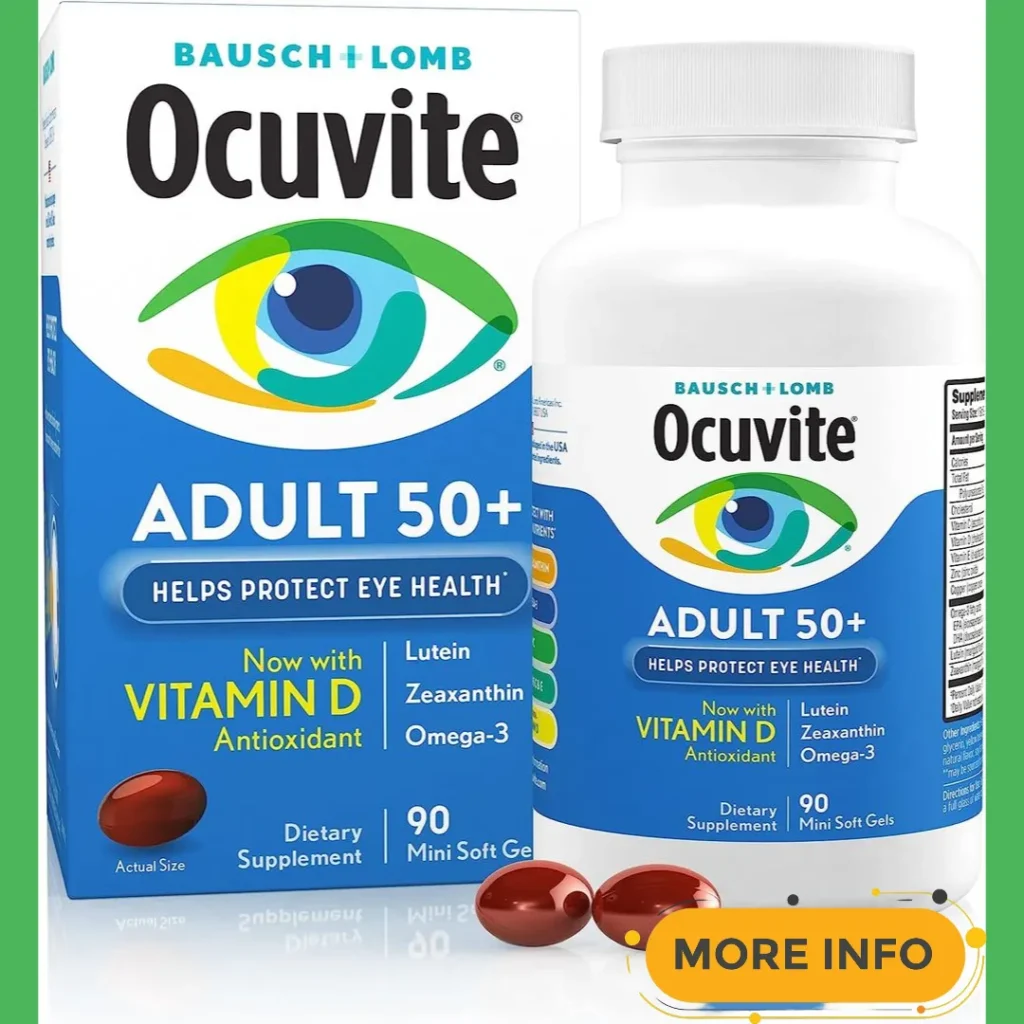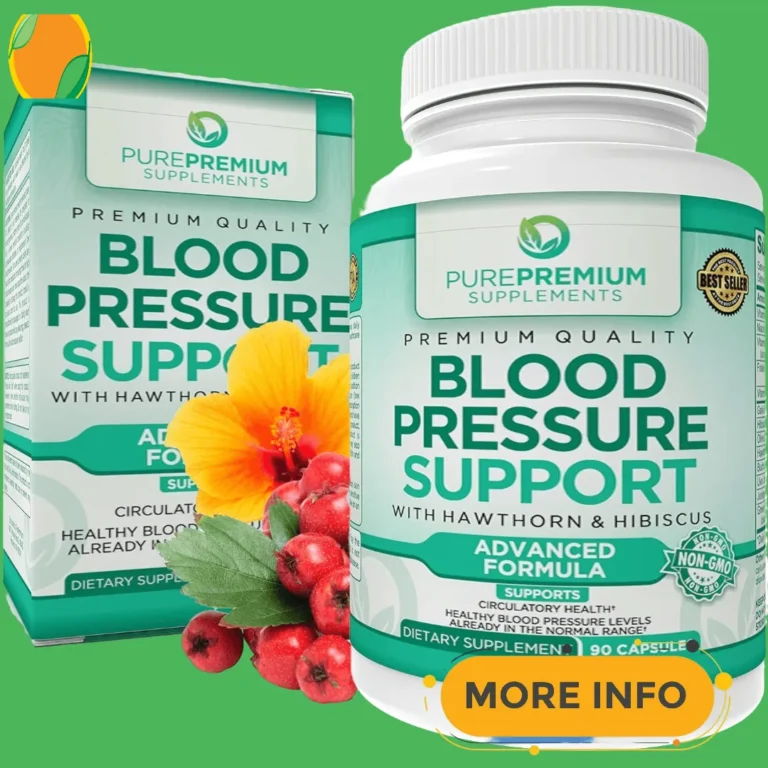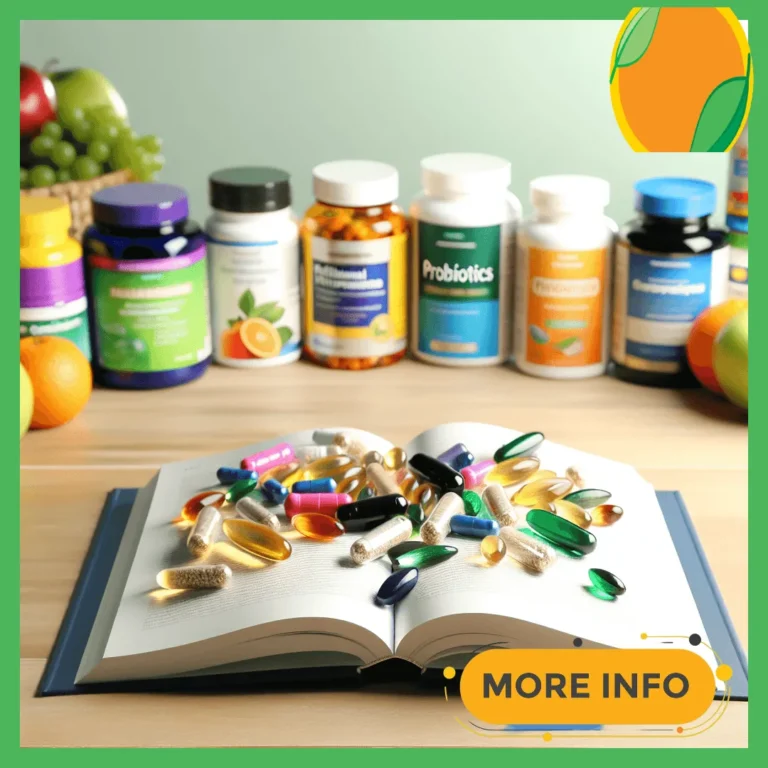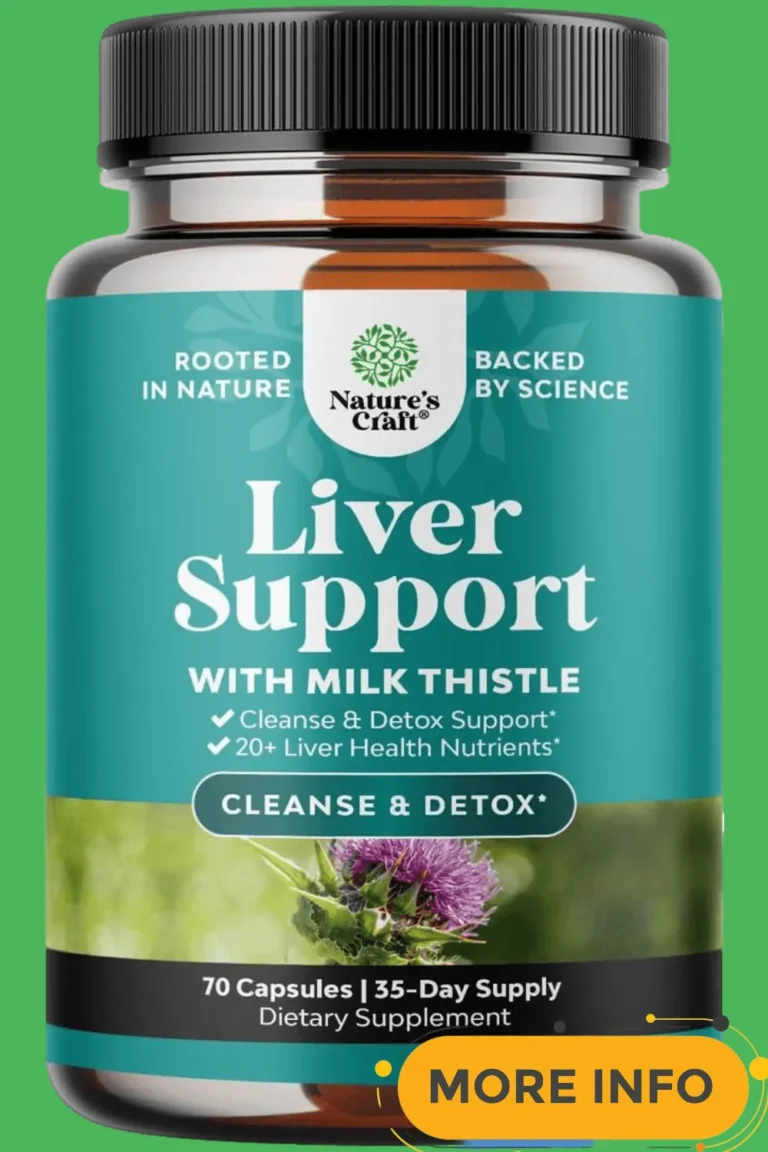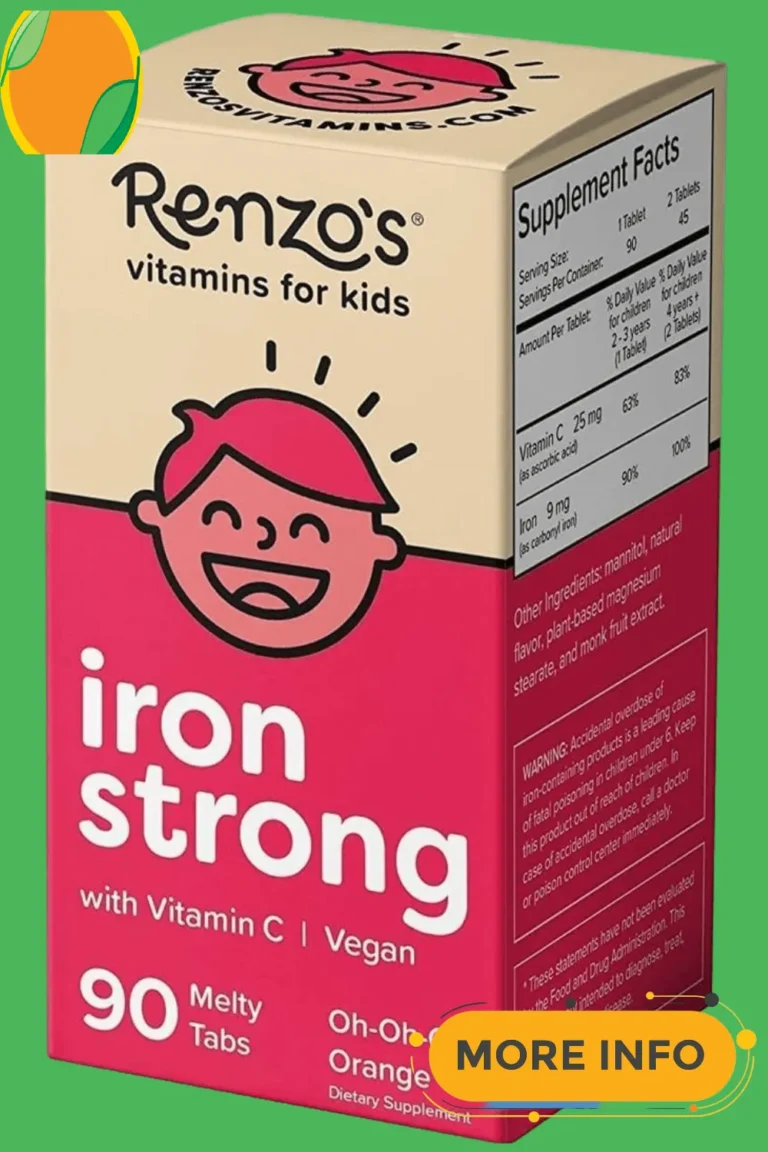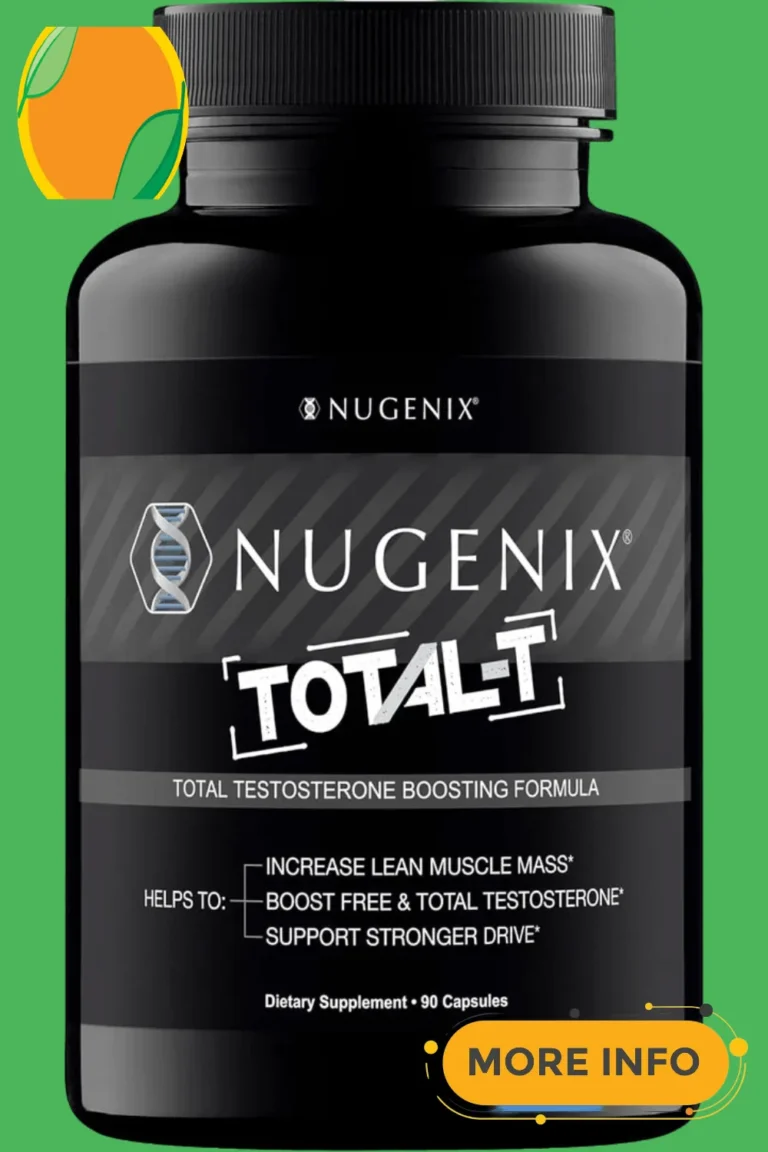Eye Health Supplements
Imagine a world where every morning, the vibrant colors of sunrise and the intricate details of a blooming flower come into sharp focus.
Our vision is one of our most precious senses, yet many of us take it for granted until problems arise.
Enter the realm of eye health supplements like Ocuvite Eye Vitamin & Mineral Supplement, which are formulated to support your eyes with essential nutrients.
Ocuvite’s 90 softgels pack a powerful punch with key ingredients such as Zinc, Vitamins C and E, Omega 3 fatty acids, Lutein, and Zeaxanthin.
These components work synergistically to maintain optimal eye function and protect against age-related decline.
In this article, we’ll delve into how these specific vitamins and minerals contribute to ocular health and explore why incorporating such supplements into your daily routine could be beneficial for preserving your vision’s clarity for years to come.
Maintaining optimal eye health is essential for overall well-being and quality of life.
As we age, our eyes become more susceptible to various conditions such as macular degeneration, cataracts, and dry eye syndrome.
While a balanced diet rich in vitamins and minerals is crucial for eye health, sometimes we may need additional support in the form of supplements.
Eye health supplements are specially formulated to provide the nutrients our eyes need to function properly and protect against age-related vision problems.
In this article, we will explore the benefits of eye health supplements, the key ingredients to look for, and how to choose the right supplement for your needs.
We will also discuss the importance of consulting with a healthcare professional before adding any new supplement to your routine, as individual needs and conditions may vary.
Whether you are looking to maintain your current eye health or support your vision as you age, incorporating eye health supplements into your daily regimen could be a beneficial step towards preserving your eyesight for years to come.
Table of Contents Eye Health Supplements
Omega-3 for dry eyes support
Omega-3 fatty acids have garnered significant attention for their potential benefits in supporting dry eye symptoms.
Several studies have suggested that incorporating Omega-3 supplements into one’s diet may help alleviate dry eye discomfort by improving tear quality and reducing inflammation in the eye.
Specifically, the EPA and DHA components found in Omega-3 fatty acids are thought to play a crucial role in maintaining eye health, as they contribute to the production of protective tear film and possess anti-inflammatory properties that can positively impact the ocular surface.
With dry eye syndrome affecting a substantial portion of the population, the potential of Omega-3 supplements to support eye health and alleviate dry eye symptoms continues to be an area of interest for researchers and healthcare professionals.
Antioxidants like vitamin C needed
The human eye is particularly vulnerable to oxidative stress due to its high metabolic activity and exposure to light.
Antioxidants like vitamin C play a crucial role in protecting the delicate structures of the eye from damage caused by free radicals and oxidative processes.
Vitamin C’s ability to regenerate other antioxidants such as vitamin E further enhances its importance in maintaining ocular health.
Studies have shown that a diet rich in antioxidants can reduce the risk of age-related macular degeneration, cataracts, and other vision-threatening conditions.
Incorporating sources of vitamin C, such as citrus fruits, berries, and leafy greens, into one’s diet can contribute to the overall well-being of the eyes and may help in preserving visual acuity over time.
Lutein and zeaxanthin promote vision
Lutein and zeaxanthin are xanthophyll carotenoids widely known for their role in supporting visual health.
Found in high concentrations in the macula – the central part of the retina responsible for detailed vision, these compounds act as natural antioxidants that help filter harmful high-energy blue light and protect the eye tissues from oxidative damage.
Studies have demonstrated that lutein and zeaxanthin supplementation can enhance visual performance, improve contrast sensitivity, and reduce the risk of developing age-related macular degeneration and cataracts.
By accumulating in the retina and absorbing excess light, lutein and zeaxanthin play a vital role in maintaining optimal vision and preserving eye health in the long run.
Including sources of these carotenoids, such as leafy greens, eggs, and other colorful fruits and vegetables, in one’s diet can contribute to promoting clear, healthy vision.
Vitamin E reduces age-related vision
Vitamin E, a fat-soluble antioxidant, has been recognized for its potential in reducing age-related vision deterioration.
Several scientific studies have highlighted the benefits of Vitamin E in maintaining optimal eye health.
As a powerful antioxidant, Vitamin E helps combat oxidative stress in the eyes, which is often associated with the aging process.
By neutralizing free radicals and protecting cell membranes from damage, Vitamin E can contribute to reducing the risk of age-related vision problems such as macular degeneration and cataracts.
Incorporating foods rich in Vitamin E, such as almonds, sunflower seeds, and spinach, into one’s diet may offer protective effects for long-term eye health and support visual acuity as individuals age.
Zinc supports overall eye health
Zinc plays a crucial role in supporting overall eye health by aiding in the absorption of Vitamin A, a key nutrient essential for good vision.
Additionally, zinc is involved in numerous functions within the eye, including the maintenance of the retina and the activation of enzymes that facilitate visual processes.
Studies have suggested that insufficient levels of zinc may be linked to vision problems, as the mineral is vital for protecting the eye from damage caused by oxidative stress.
By ensuring an adequate intake of zinc through dietary sources like poultry, red meat, and legumes, individuals can potentially reduce their risk of developing eye conditions and maintain optimal visual function in the long term.
Vitamin A crucial for eyesight
Vitamin A, a fat-soluble nutrient, is paramount for maintaining optimal eyesight.
It plays a fundamental role in various aspects of vision, particularly in the process of light detection by the retina.
Through its involvement in the synthesis of rhodopsin, a light-sensitive protein found in the rods of the retina, Vitamin A enables the eyes to effectively adjust to changes in light intensity, aiding in low-light vision.
Furthermore, this essential vitamin is integral in supporting the health of the cornea and other ocular structures, promoting overall visual acuity and eye health.
Adequate intake of Vitamin A-rich foods such as carrots, sweet potatoes, and leafy greens is crucial in preserving healthy vision and reducing the risk of vision impairment associated with deficiencies in this vital nutrient.
Bilberry improves night vision concerns
Bilberry, a potent fruit packed with antioxidants and beneficial compounds, has garnered attention for its potential to enhance night vision concerns.
The anthocyanins present in bilberries are believed to promote better vision in low light conditions, aiding individuals who struggle with night vision issues.
By enhancing blood flow to the eyes and protecting the structures involved in visual perception, bilberry extract may offer support in addressing night vision challenges.
Regular consumption of bilberry supplements or incorporating bilberry into one’s diet could be a valuable addition to a comprehensive eye health regimen, potentially improving visual acuity, particularly in dimly lit environments.
Selenium aids in cataract prevention
Selenium, a vital mineral with antioxidant properties, plays a crucial role in ocular health by potentially aiding in the prevention of cataracts.
Cataracts, a common eye condition characterized by clouding of the lens, can lead to vision impairment and, if left untreated, even blindness.
Selenium’s antioxidant capabilities help combat oxidative stress in the eyes, which is a significant factor in the development of cataracts.
By neutralizing free radicals and reducing the oxidative damage that contributes to cataract formation, selenium may offer a protective effect on the lens and support overall eye health.
Incorporating selenium-rich foods or supplements into one’s diet could be a beneficial strategy in maintaining healthy vision and potentially lowering the risk of cataracts.
In conclusion, maintaining optimal eye health is essential for overall well-being, and supplements can play a significant role in supporting this.
While a balanced diet rich in nutrients is crucial, some individuals may benefit from supplementation to address specific deficiencies or support eye health as they age.
It is essential to consult with an eye care professional or a healthcare provider before incorporating any supplements into your routine to ensure they are safe, effective, and suitable for your individual needs.
By combining a healthy lifestyle, regular eye exams, and potentially targeted supplementation, one can strive towards preserving and enhancing their vision for years to come.
Remember, proactive care and attention to your eye health today can lead to improved quality of life and vision in the future.
FAQ
What are some common eye health supplements recommended by healthcare professionals?
Some common eye health supplements recommended by healthcare professionals include lutein, zeaxanthin, omega-3 fatty acids, vitamin C, vitamin E, and zinc.
These supplements are believed to support eye health by protecting against age-related macular degeneration, reducing inflammation, and supporting overall eye function.
It is important to consult with a healthcare provider before starting any new supplement regimen to ensure they are appropriate for individual needs and health conditions.
How do eye health supplements help improve vision and overall eye health?
Eye health supplements contain vitamins and antioxidants that support the health of the eyes by protecting them from oxidative stress, reducing the risk of age-related macular degeneration and cataracts, and promoting overall eye function.
These supplements can help improve vision by providing essential nutrients that the eyes need to function optimally and maintain their health, reducing the likelihood of developing eye conditions and preserving visual acuity.
Regular intake of eye health supplements can contribute to better vision and overall eye health by supporting the eyes’ structure, function, and protection against damage.
Are there any potential side effects or risks associated with taking eye health supplements?
Some potential side effects of eye health supplements may include minor digestive issues, allergic reactions, or interactions with certain medications.
It is important to consult with a healthcare professional before starting any new supplement regimen to discuss potential risks and ensure they are appropriate for your individual health needs.
Can eye health supplements be taken in conjunction with other medications or supplements?
It is advisable to consult with a healthcare provider before taking eye health supplements in conjunction with other medications or supplements, as interactions may occur.
Some supplements can interfere with the absorption of medications or exacerbate side effects.
To ensure safety and efficacy, a healthcare provider can provide guidance on appropriate dosages and potential interactions.
How long does it typically take to see results from taking eye health supplements regularly?
It can vary depending on the individual, but generally, it may take a few weeks to a few months of consistent use of eye health supplements to notice significant improvements in vision and overall eye health.
Regular consumption combined with a healthy lifestyle and routine eye check-ups can help maximize the benefits of these supplements.

